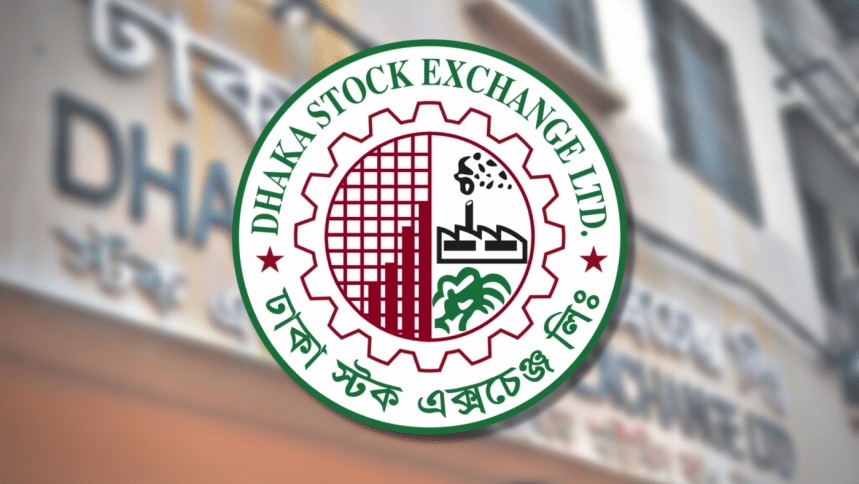
Stocks listed with the Dhaka Stock Exchange (DSE) rose slightly over the past week following three weeks of constant decline.
DSEX, the benchmark index of the country’s premier bourse, added 7.4 points over the past five days to close yesterday’s trading session at 6,214 points.
However, the DS30, which represents blue-chip stocks, shed 10.5 points to hit 2,198 points while the DSES, an index comprised of shariah-compliant companies, lost 1.4 points to reach 1,347 points at the same time.
Although the market had opened the week on an upbeat note, it witnessed mild corrections during the latter two sessions to finish marginally higher, International Leasing Securities said in its weekly review.
Investor buoyancy was observed during the week as their participation increased thanks to the regulator’s initiative to increase the investment limit of mutual funds to 80 per cent from 60 per cent in the equity market, it added.
The average daily turnover, an indicator of the market’s liquidity, increased 41.2 per cent compared to the previous week to stand at Tk 578.7 crore.
Sectoral performance showed a mixed pattern. Among the sectors, jute rose 9 per cent, tannery advanced 3.2 per cent, and services and real estate gained 1.7 per cent. On the other hand, travel and leisure dropped 4.1 per cent, pharmaceuticals and chemicals fell 0.4 per cent and ceramics edged down 0.4 per cent.
Investor activity was mainly focused the IT (20.1 per cent), food and allied (12.8 per cent), and pharmaceuticals and chemical (8.2 per cent) sectors for the past five days, it added.
The stock market has been suffering for the last few months as most investors are not taking part in the market amid the floor price mechanism, according to a merchant banker.
The Bangladesh Securities and Exchange Commission launched floor prices last July in order to halt the freefall of market indices amid the global uncertainty centring Russia’s with Ukraine.
Although the regulator partially withdrew the mechanism later in December, it was again reintroduced in March this year.
Due to the floor price, stocks cannot drop to the lowest point where they have a tendency to go. So, investors are not buying stocks thinking that they may fall whenever the floor price is withdrawn, he said.
Especially, institutional investors and foreign investors are not buying stocks at the moment, instead they are trying to sell shares, the merchant banker added.










